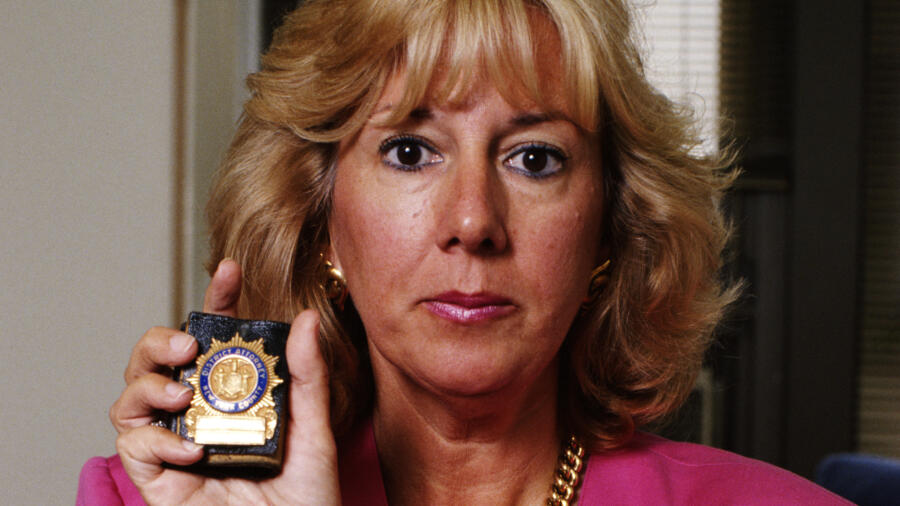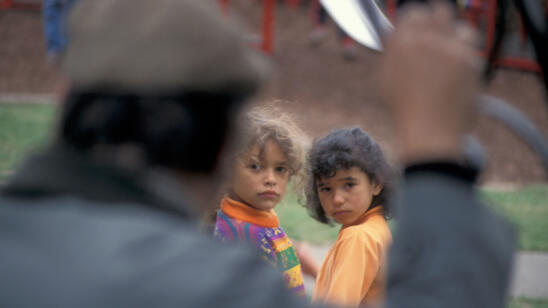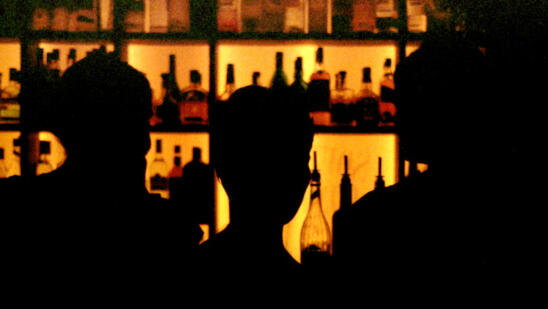After 30 years as one of the most high-profile prosecutors in the country with the Manhattan District Attorney’s office, Linda Fairstein is now the author of the New York Times bestselling Alexandra Cooper detective novels. Fairstein, who spent much of her career as head of the Sex Crimes Prosecution Unit, talks to us about the case that keeps her up at night, what concerns her about how sexual assaults are handled on college campuses and how she is often inspired by real-life events in her books.
Do you always see things through eyes of a sex-crimes prosecutor or can you sometimes leave it behind?
I think I’ll always see life through those eyes. I’m still a lawyer, but I’d love to write other things—maybe a stand-alone fictional murder case or true crime about some of my unsolved cases. One of my 1993 cases was just solved as a cold case. There are some that I worked on that are not particularly high profile, but are terribly interesting [due to how] prolific the predator was.
Are there cases that haunt you, that keep you up at night?
There are a number of those. There was one in particular, a serial rapist. The guy was connected to 18 rapes. Once we had DNA testing and the databank went up, we put his profile in there. He’s never been caught. That was in the mid ’90s.
I was in touch with [his victims] for so long and got them to testify when we put the case to a grand jury and indicted his DNA profile, a very novel proceeding called a John Doe DNA indictment… But we’ve never found him.
I thought that once there was the databank we’d find him in jail for something else or in another state. Now I’m sort of convinced he must have died or been killed somewhere along the way.
Do you think women are safer now when it comes to sexual assault?
I think that certainly street safety is much improved, and the numbers of stranger rapes have gone down. Date and acquaintance rape continues to be a struggle in terms of lowering the numbers. They often involve alcohol, drug use or binge drinking. For all the education we’ve tried to do, it’s really not a policing problem. It’s really a different issue altogether. I’m watching it with great interest because colleges have tried to—under force of federal law—adjudicate these issues. I truly don’t think colleges should be in the business of being courts.
What do you think will happen with the Bill Cosby trial?
He’s only had one mistrial—I would like to think they can prosecute him. My view is that the most egregious cases that he committed, he’s already settled out of court. So that leaves the cases like this one where the victim was very credible and convincing, but juries are always bothered by things like, ‘Why did she stay in touch with him?,’ ‘Why go see to him afterwards?’ There are complicating factors. That’s probably because so many of the strongest cases were settled out of court.
Another issue was the statute of limitations, which prohibits prosecutors from charging someone with a crime that happened more than a certain muber of years earlier. Some of the other ‘good’ cases didn’t survive that. At the moment, they’re saying they’re going retry him in November [2017], and I’m sure the prosecutors are trying to figure out how to address whatever the jury’s problems were with this case.
Although we don’t know all the details of what happened with Justine Damond, who was shot by a police officer in Minneapolis in July after calling 9-1-1, do you find you are usually on the side of police after being a prosecutor?
I think most police and detectives get up every day meaning to do good. I don’t think you become a cop to do bad things. I have such enormous respect for the men and women of the New York Police Department who taught me everything and who worked shoulder-to-shoulder with me. Are there bad cops? Bad D.A.s? Sadly, there are bad people in every profession. I read a newspaper story about the parents who lost their daughter in this, so far, inexplicable shooting. I can’t imagine a satisfactory answer.
In your new book, Deadfall, you have as a plot point Supreme Court Justice Antonin Scalia’s death at a Texas hunting resort. Do you keep lists of real-life incidents to use in your books?
I keep dozens of notebooks of interesting clippings. The Scalia thing fascinated me because he had been a professor at the University of Virginia Law School when I was a student there. When he died, it just seemed like [a hunting resort] was the least likely place he would be. I didn’t imagine him to be a hunter without federal marshals protecting him, which is what Supreme Court justices have.
I was stunned that no autopsy was performed. The prosecutor in me was like, ‘How did this happen?’ His family said he was sick and they didn’t need an autopsy. But he wasn’t so sick that it kept him from going out hunting with the guys. There are a lot of far-fetched conspiracy theories roaming around online.
What are some other current events issues you have dealt with in your books?
I didn’t have title for the third book in the series when I wrote it in 1999. I read a front page New York Times story on the first DNA databank. You just had to put an unknown profile in and, if there was a match to it, the computer would tell you who it was. That was called a ‘cold hit,’ because you didn’t need the actual ‘warm’ information. I used that for the book title. The use of DNA has revolutionized the criminal-justice system, so I was thrilled to be able to explore that issue in fiction.
Fairstein’s latest novel, Deadfall, was released in late July. Her second young readers’ mystery is coming out this fall, Digging for Trouble, which she describes as her “tribute to Nancy Drew.”


